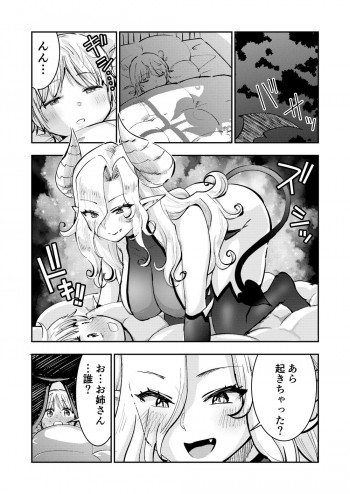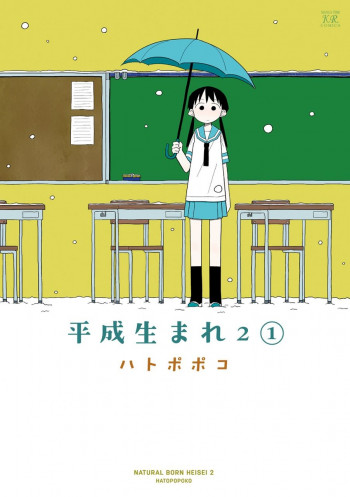Martial Peak Reviews
Jenny Han's We'll Always Have Summer is the poignant conclusion to the beloved Summer series, a trilogy that has captivated readers with its heartfelt exploration of young love, family dynamics, and the bittersweet transition from adolescence to adulthood. This final installment continues to follow Isabel "Belly" Conklin as she navigates the complexities of her emotions and relationships with the Fisher brothers, Conrad and Jeremiah. With its compelling narrative and relatable themes, Han delivers a satisfying and emotionally charged finale that resonates deeply with its audience.
At the heart of We'll Always Have Summer is the timeless theme of love and the difficult choices it often entails. Belly's journey is one of self-discovery, as she grapples with her feelings for both Jeremiah and Conrad. The novel deftly explores the idea of soulmates and the notion that love is not always straightforward. Belly's internal struggle is palpable, and Han skillfully portrays the emotional turmoil that accompanies such pivotal decisions. The reader is drawn into Belly's world, feeling her confusion, her hopes, and her fears as she stands at a crossroads in her life.
The character development in this novel is particularly noteworthy. Belly, who has grown from a naive and dreamy girl into a more mature and introspective young woman, is a testament to Han's ability to craft realistic and relatable characters. Her evolution is mirrored in her relationships with the Fisher brothers. Jeremiah, with his unwavering devotion and boyish charm, represents the comfort and security of a love that is familiar and safe. In contrast, Conrad embodies the complexity and intensity of a love that is passionate yet fraught with challenges. Han's portrayal of these characters is nuanced, allowing readers to empathize with their individual struggles and motivations.
Conrad Fisher, in particular, undergoes significant growth in this installment. His journey from a brooding and emotionally distant figure to someone who is willing to confront his feelings and fight for what he wants is both compelling and satisfying. Han captures the essence of a young man who is learning to open his heart and embrace vulnerability, making Conrad's character arc one of the highlights of the novel. Similarly, Jeremiah's steadfastness and loyalty are put to the test, as he must come to terms with the possibility of losing Belly to his brother. The tension between the brothers adds depth to the narrative, highlighting the complexities of familial bonds and the impact of love on those relationships.
One of the strengths of We'll Always Have Summer is its exploration of the theme of choice and consequence. Belly's decision to marry Jeremiah is a pivotal moment that forces her to confront the reality of her feelings and the implications of her actions. Han does not shy away from depicting the emotional fallout of such decisions, illustrating the pain and heartache that often accompany love. This theme is universal, resonating with readers who have faced similar dilemmas in their own lives. The novel's exploration of these themes is both thought-provoking and emotionally resonant, making it a compelling read for anyone who has ever grappled with matters of the heart.
In comparison to other works in the young adult romance genre, Han's trilogy stands out for its authenticity and emotional depth. Unlike many contemporary romances that rely on clichéd tropes and predictable plotlines, We'll Always Have Summer offers a refreshing take on the complexities of love and relationships. Han's writing is both lyrical and evocative, capturing the essence of summer and the fleeting nature of youth. Her ability to create vivid and immersive settings adds an additional layer of richness to the narrative, transporting readers to the idyllic beach house that serves as the backdrop for Belly's journey.
Moreover, Han's exploration of family dynamics adds another dimension to the story. The Fisher family's history and the impact of their past on the present are woven seamlessly into the narrative, providing context and depth to the characters' actions and decisions. The novel highlights the importance of family and the ways in which those bonds shape our identities and choices. This theme is particularly poignant in the context of Belly's relationship with her own family, as she navigates the challenges of growing up and forging her own path.
Overall, We'll Always Have Summer is a beautifully crafted conclusion to a beloved series that has captured the hearts of readers worldwide. Jenny Han's ability to create relatable characters and explore universal themes with nuance and sensitivity is what sets this novel apart. The emotional depth and authenticity of the story make it a standout in the young adult genre, offering readers a poignant and satisfying exploration of love, choice, and the journey to self-discovery. For fans of the series and newcomers alike, this novel is a must-read that will leave a lasting impact long after the final page is turned.
In conclusion, Jenny Han has crafted a narrative that is both timeless and timely, capturing the essence of young love and the complexities of growing up. We'll Always Have Summer is a testament to the power of storytelling and the enduring appeal of characters who feel like old friends. As Belly, Conrad, and Jeremiah navigate the challenges of love and life, readers are reminded of the beauty and heartbreak that accompany the journey to finding oneself. Han's novel is a celebration of love in all its forms, and a reminder that sometimes, the hardest choices lead to the most meaningful outcomes.























Reviews 0
Post a Reviews: